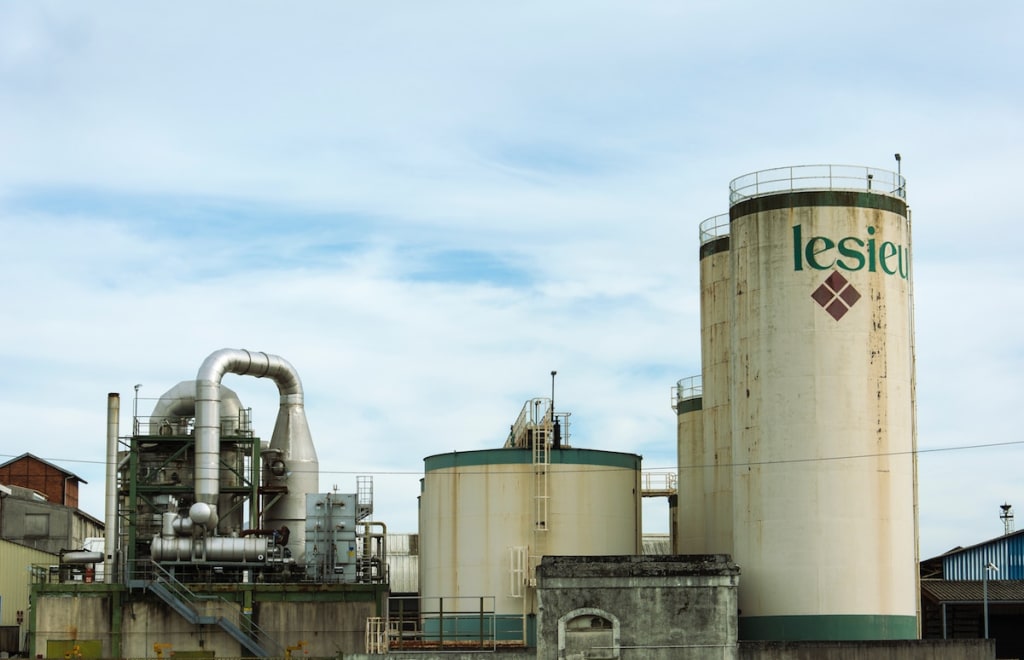Toxicity and What It Does to the Body
We need to start making changes.

Toxic leaks from landfills seep into our groundwater all the time. Imagine all that plastic just not biodegrading at all, staying put in that landfill for all time. We have access to many a lethal chemical on this planet right now. Toxicity cannot be resolved in one generation, in fact, it may take many but we need to quit ignoring all the problems it brings. Prolonged stress can cause reactions in the physical body. Poisons work inside the body but some will increase or lower the heart rate for example.
Toxic chemicals are all around us. It is amazing there is still life on our planet at all. Chemicals do more harm than good. They sit there, in our blood and in our skin because of “acute toxicity due to short-term exposure, and happens within a relatively short period of time whereas chronic toxicity is due to long-term exposure,” which happens during a long period of time. Germs can cause illness because germs are a biological agent while chemical poisoning is different. (Manifestations of Toxic Effects)
Plastic does immense harm to the human body, and yet it is all around us. We spend our time figuring out how to make money, not how to change things on this planet as they are right now with all the unjust things that are going on, daily. Toxicity can “cause problems at the cellular level, such as with exposures to caustic, or corrosive substances, because chemicals might themselves be toxic, or require metabolism before they can cause toxicity,” (Types of Toxic Effects). Some chemicals do create damage such as fibrosis, damage to enzymes or protein synthesis, producing chemicals that react in cells, cause hormonal problems, and finally, chemicals can produce DNA damage or perhaps epigenetic changes.
Epigenetic refers to active versus inactive genes that can a change in phenotype, without a gene related to genotype. An epigenetic change is a change that is influenced by but not limited to age, the environment, lifestyle, or disease state. Such changes with regard to epigenetics happen when body cells wind up as specific as skin or liver cells or brain cells. Some epigenetic changes can wind up as cancerous, however. Epigenetic changes cancers, mental retardation disorders, immune disorders, neuropsychiatric disorders, and pediatric disorders. Simply put, epigenetic means that children born during a stressful period such as the Dutch famine in recent 20th-century human history, are likely to have schizophrenia.
Pollution really does alter DNA at some level. From air pollution to water pollution, and more types of pollution, diet can help fix that sort of problem with absorbing pollutants. There are hazards in our food, however, such as high fructose corn syrup and other chemicals found in processed foods. Staying healthy on planet Earth is a challenging proposition. So challenging in fact, that not everybody succeeds. Environmental problems can cause disabilities in children, such as exposure to mercury or other toxic chemicals that are abundant in this planet’s ecosystem. Keeping the environment toxic is the elite’s way of saying “we own you,” if only because they’d rather use fossil fuels instead of modern technology because they want to carry on the past, not the future. Companies such as that company in Bhopal, India whose leak killed thousands of people, make whittling down the population easy for them. (Toxic Effects). Pollution causes disease—that is flat out the way it is. Denial of this fact doesn’t help us as a species, any more than the denial of climate change. What are we going to do with that? Wait until sea levels inundate New York, Florida, and the coastal areas of California? We can’t ignore our environment anymore.
Works Cited
About the Creator
Iria Vasquez-Paez
I have a B.A. in creative writing from San Francisco State. Can people please donate? I'm very low-income. I need to start an escape the Ferengi plan.






Comments
There are no comments for this story
Be the first to respond and start the conversation.